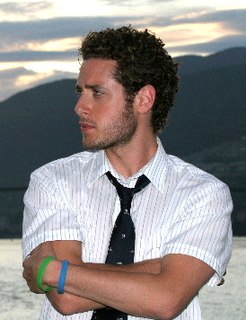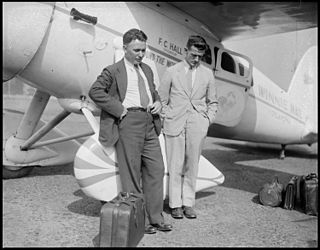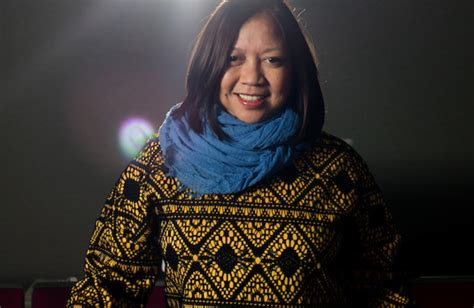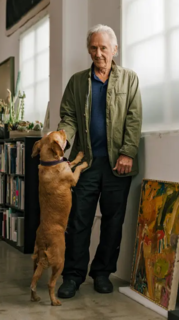A Quote by Andreas Feininger
Before you shoot an irresistible subject, mute all your senses except sight to find out how much is left for the camera to record.
Related Quotes
Making photos is helpful of course to master the craft. To get comfortable with the camera. Learn what a camera can do and how to use the camera successfully. Doing exercises for example if you try to find out things that the camera can do that the eye cannot do. So that you have a tool that will do what you need to be done. But then once you have mastered the craft the most important thing is to determine why you want to shoot pictures and what you want to shoot pictures of. That's where the thematic issue comes to life.
All men naturally desire knowledge. An indication of this is our esteem for the senses; for apart from their use we esteem them for their own sake, and most of all the sense of sight. Not only with a view to action, but even when no action is contemplated, we prefer sight, generally speaking, to all the other senses. The reason of this is that of all the senses sight best helps us to know things, and reveals many distinctions.
A sitcom, you rehearse for four days of the week and then you shoot it all in one night in front of a studio audience. It's like a play every week, you just shoot it over a seven or eight-day period with a single camera. I enjoy this format of show much more. I'm a feature guy. I like making movies. So the four camera thing I didn't love it that much. I found myself slightly out of my element.
I do not believe there is any such sixth sense. A man with a good sense of direction is, to me, quite simply an able pathfinder - a natural navigator - somebody who can find his way by the use of the five senses (sight, hearing, taste, smell and touch - the senses he was born with) developed by the blessing of experience and the use of intelligence. All that pathfinder needs is his senses and knowledge of how to interpret nature's signs.
Basically, if you shoot your own stuff, you can just pick up a camera and some wireless microphones, grab a couple of LEDs, and you're off and running. And if you don't shoot your own stuff, you can just grab one other person to do camera and you can learn how to do the sound, and you're off and running.
It's just a matter of who you are and how you talk to people. Your subjects will trust you only if you're confident about what you're doing. It really bothers me when photographers first approach a subject without a camera, try to establish a personal relationship, and only then get out their cameras. It's deceptive. I think you should just show up with a camera, to make your intentions clear. People will either accept you or they won't.

































